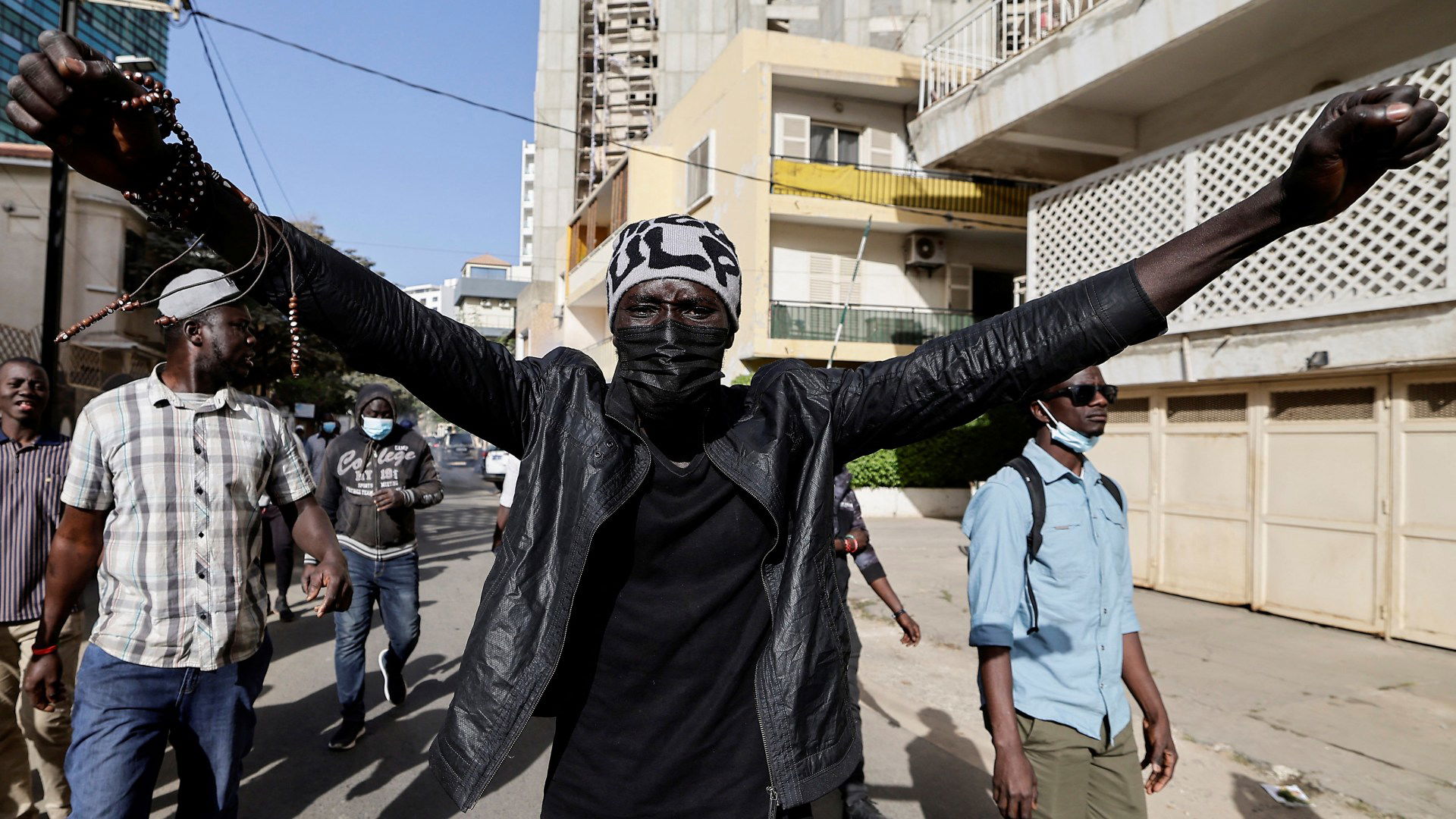
Senegal's political landscape is tumultuous as the country grapples with the postponement of its presidential election, following a chaotic voting process marred by the forceful removal of opposition lawmakers from the parliament chambers.
In a dramatic turn of events, security forces stormed the legislative building, expelling opposition lawmakers who sought to obstruct the vote on President Macky Sall's decision to delay the crucial election, originally slated for February 25. The adopted bill extends Sall's tenure until a new election is held on December 15, sparking outrage among opposition supporters.
As tensions mounted, authorities imposed restrictions on mobile internet access, fueling protests and clashes between security forces and demonstrators in the capital, Dakar. Amid the turmoil, two opposition parties filed a court petition challenging the election delay, highlighting the deepening political crisis gripping the nation.
The postponement has drawn condemnation from various quarters, with analysts expressing concerns over Senegal's democratic stability and the resurgence of authoritarian practices in the region. Despite Sall's assurance that the delay is necessary to address electoral disputes, opposition leaders and activists view it as a blatant attempt to cling to power, echoing fears of a constitutional coup.
The African Union has urged the government to expedite the electoral process and called for dialogue to resolve the political impasse peacefully. However, the government's crackdown on media outlets and internet censorship has drawn criticism from human rights organizations, who decry the erosion of freedom of expression and press rights in Senegal.
Against a backdrop of simmering political tensions and previous instances of internet shutdowns, Senegal faces a critical juncture in its democratic journey. The outcome of the election delay remains uncertain, but its repercussions are likely to reverberate across the region, shaping the future of democracy in West Africa.